
Full service and full commitment
We brought passion and creativity to our health and pharma clients as Brightworks for almost two decades. As Believeco, we’re not done creating award-winning work that breaks through to the audiences that matter. Health marketing is what we do. And it’s who we are.
The healthcare industry deserves the best. The details are exacting, the stakes are high and the impact is enormous. Our clients need a team with the capabilities, the curiosity and the commitment to create incredible work, day after day, year after year. Below is just some of what we do.
Expertise
- Strategy
- Medical writing
- Product launch
- Omnichannel
- Design
- Digital
- Branding
- Social
- Analytics
- Media planning and buying
- Public relations
- Regulatory compliance (e.g. PAAB, Ad Standards)
- DTC

Have a question? Looking for a partner?
Want a great career? Get in touch!
Our team
This is the team that leads Health at Believeco, a team with some impressive credentials including MBAs, PhDs and degrees in biochemistry, medical science, kinesiology, biotechnology and international health.
Liz MacLeod
SVP, Client Partner
Samantha Murphy
SVP, Client Partner
Michael Service
VP, Health Strategy
Autumn Gehring
Group Account Director
Jason Trudel
Group Account Director
Matthew May
VP, Creative Director
Select clients
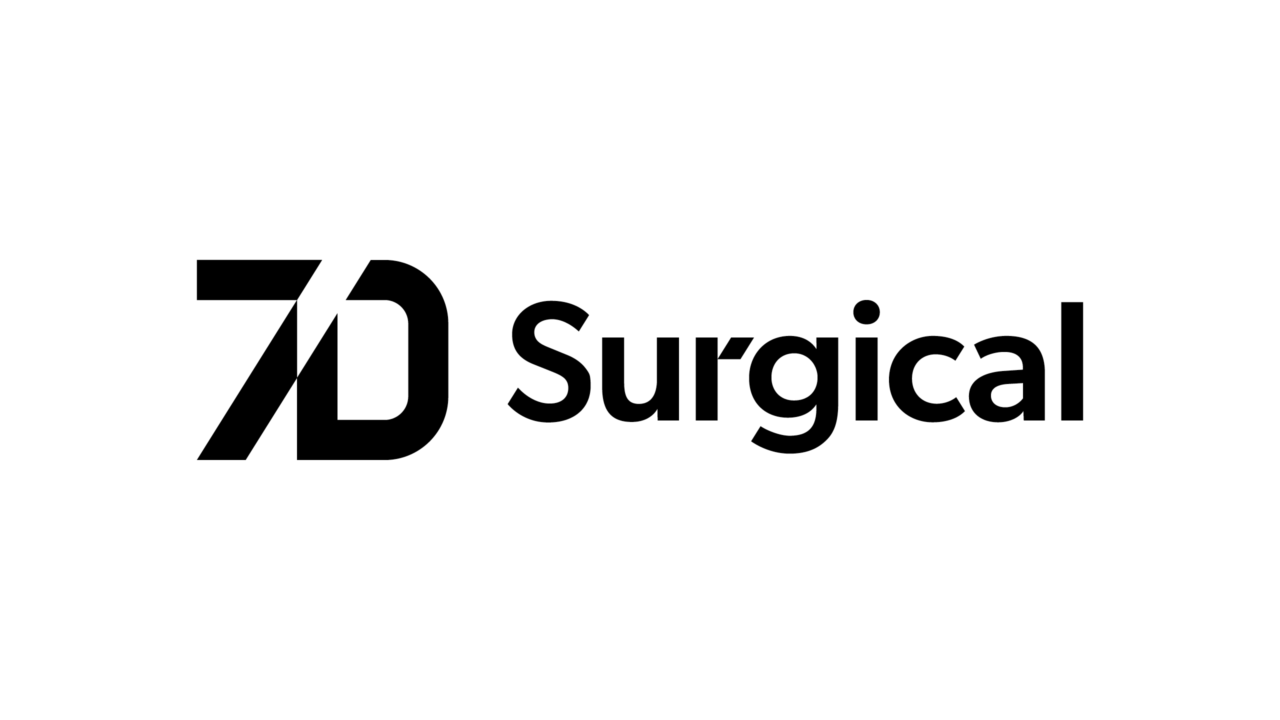
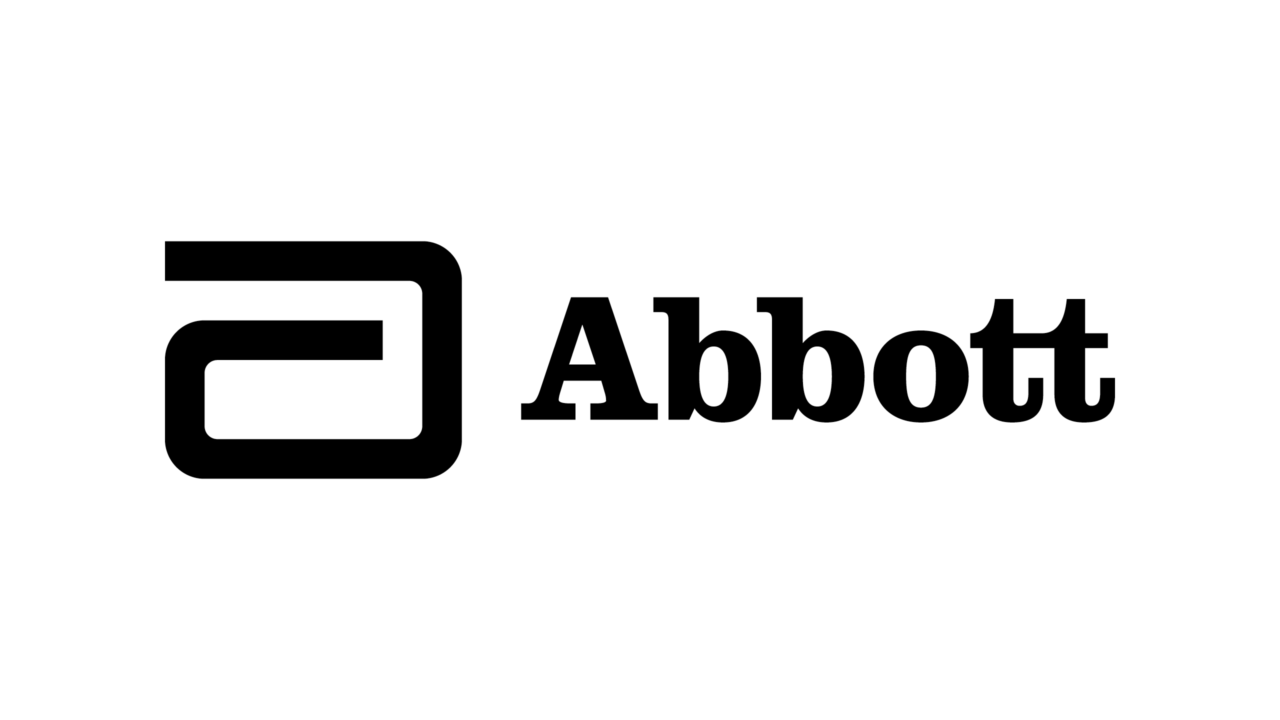
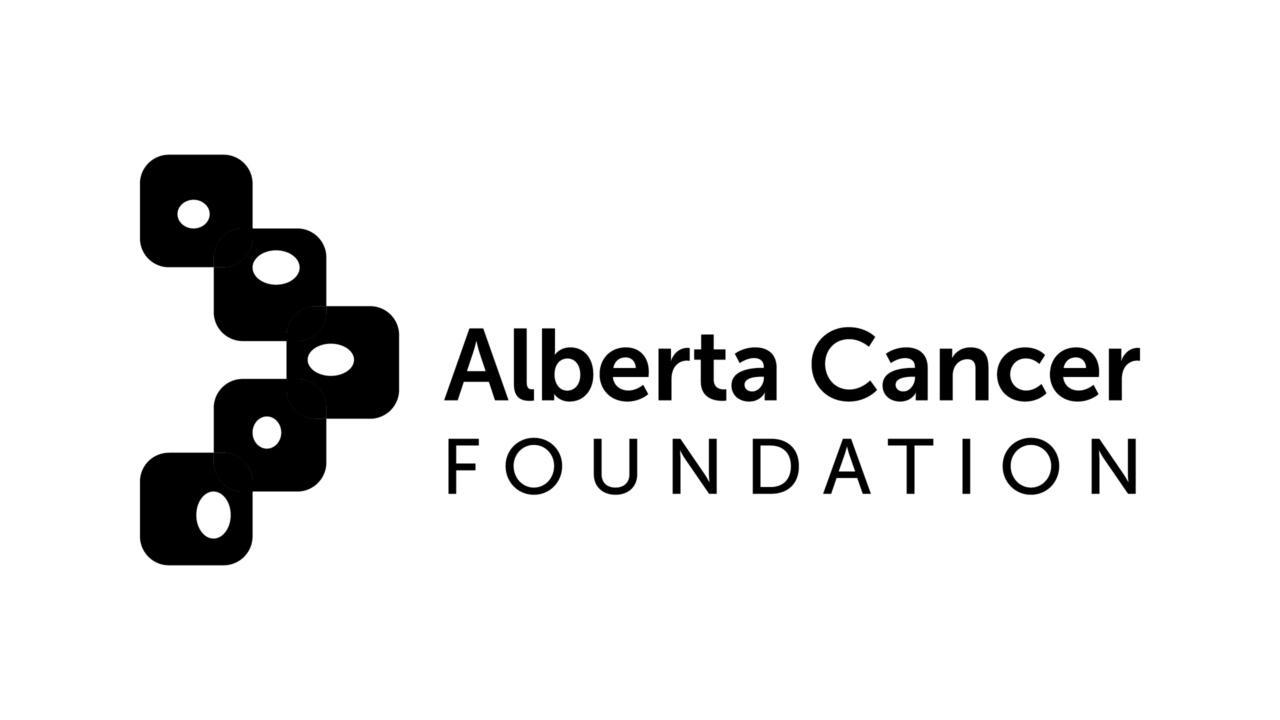
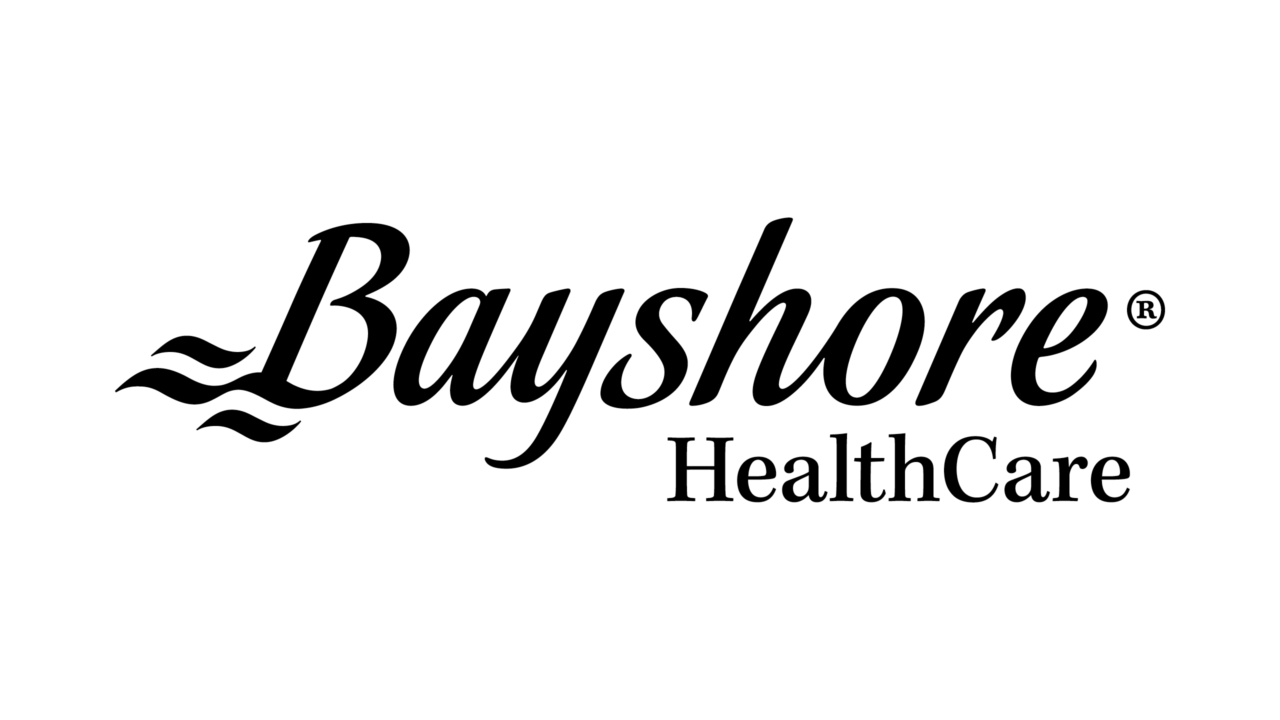
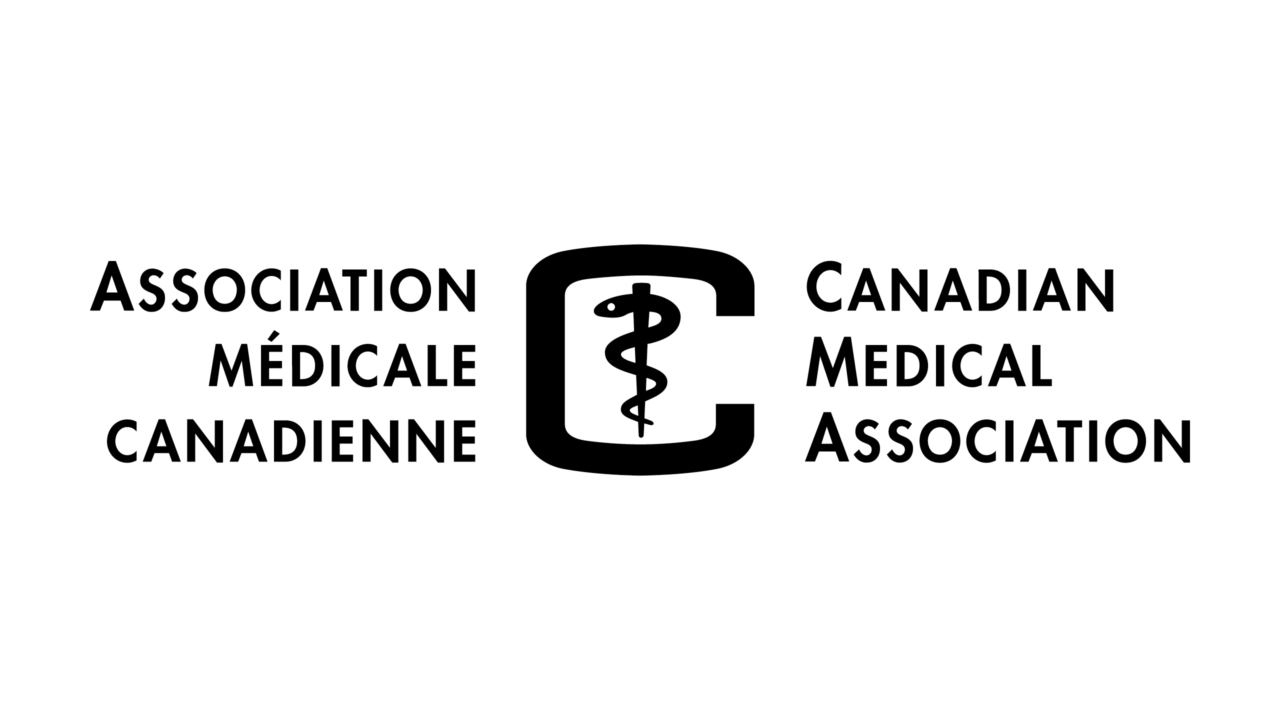
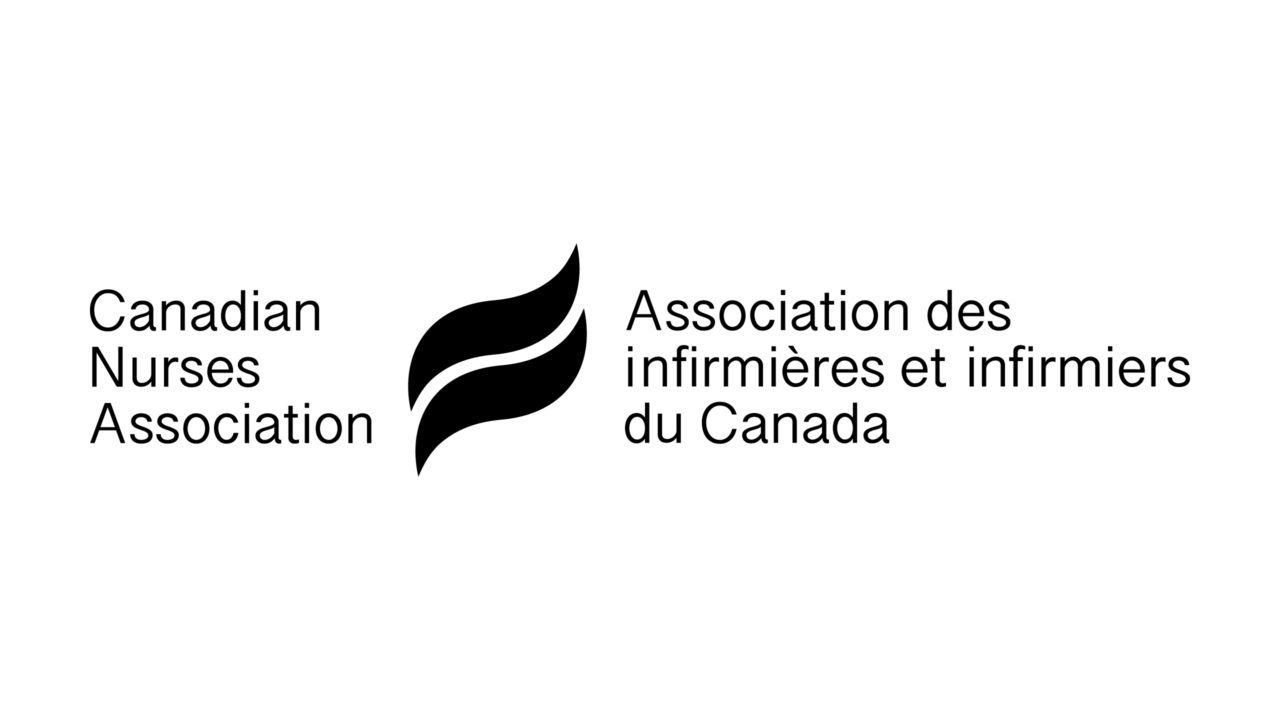
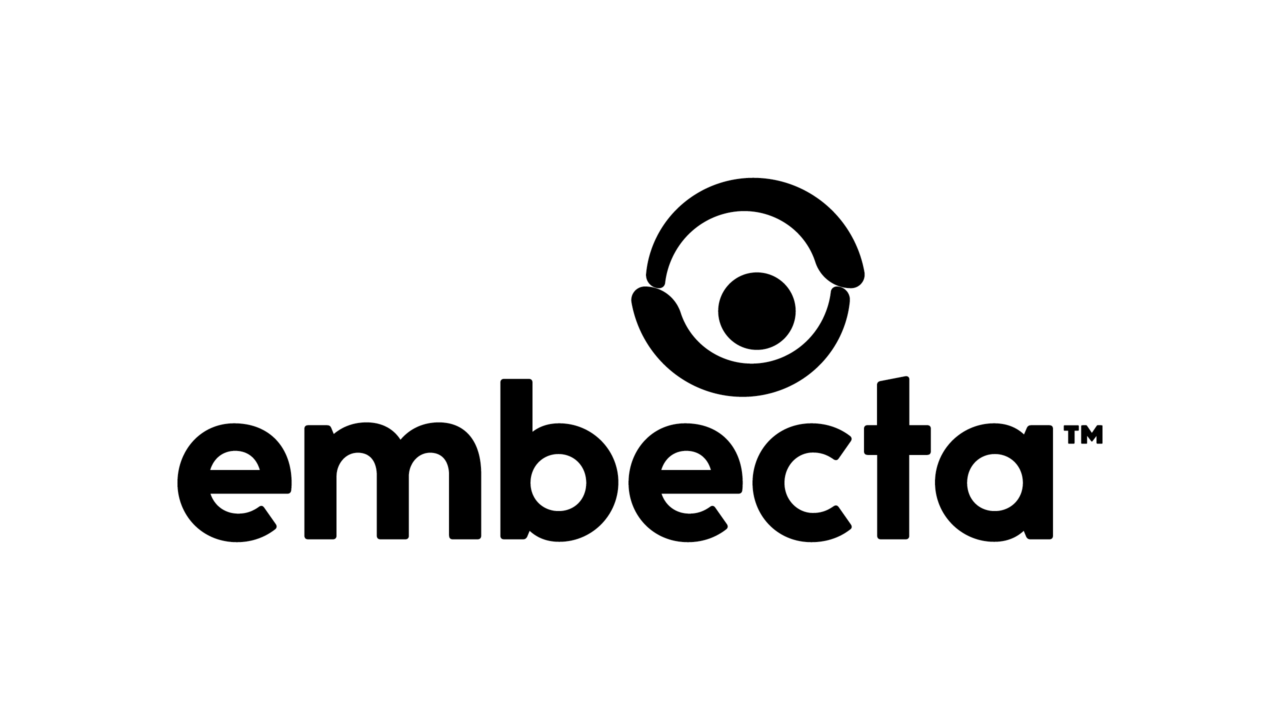
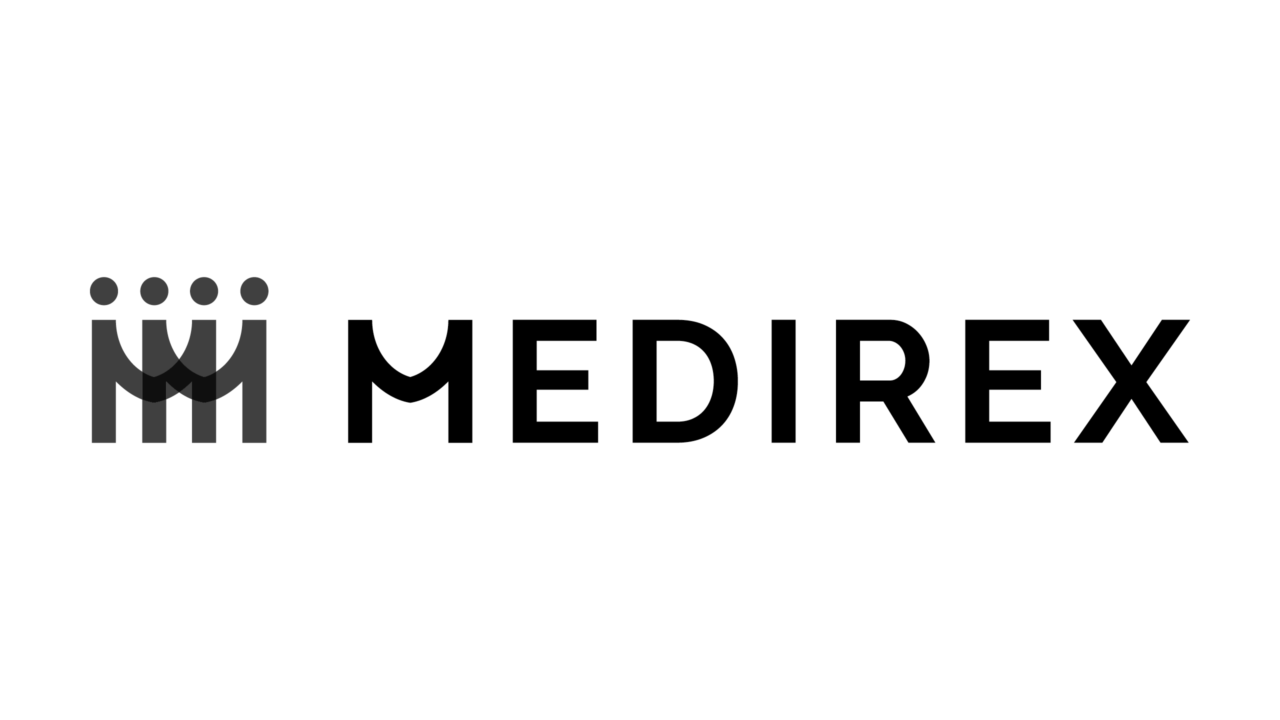
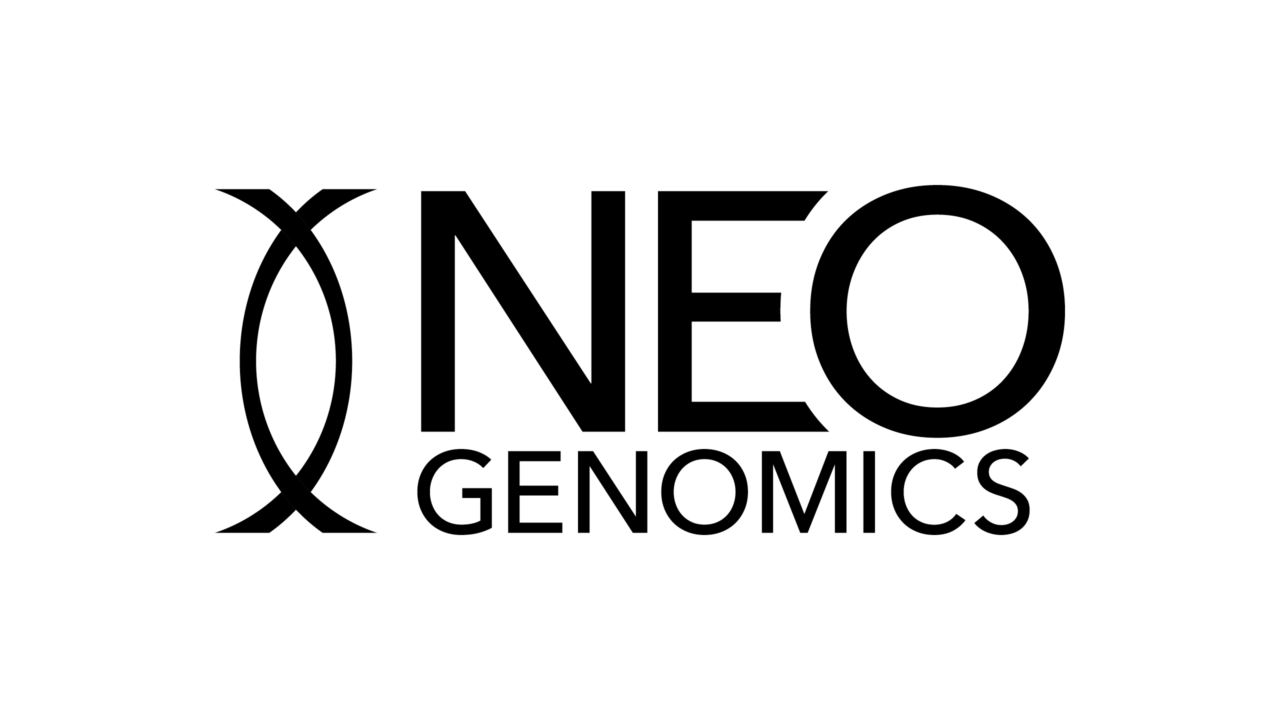
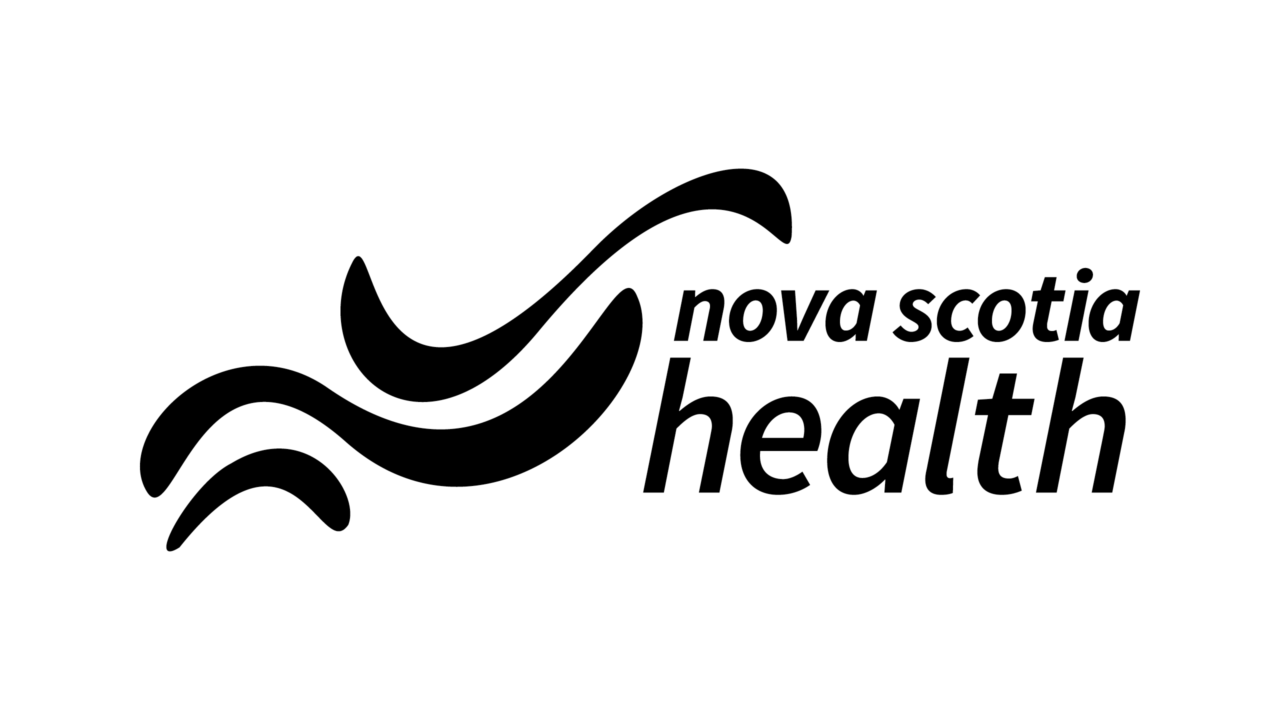
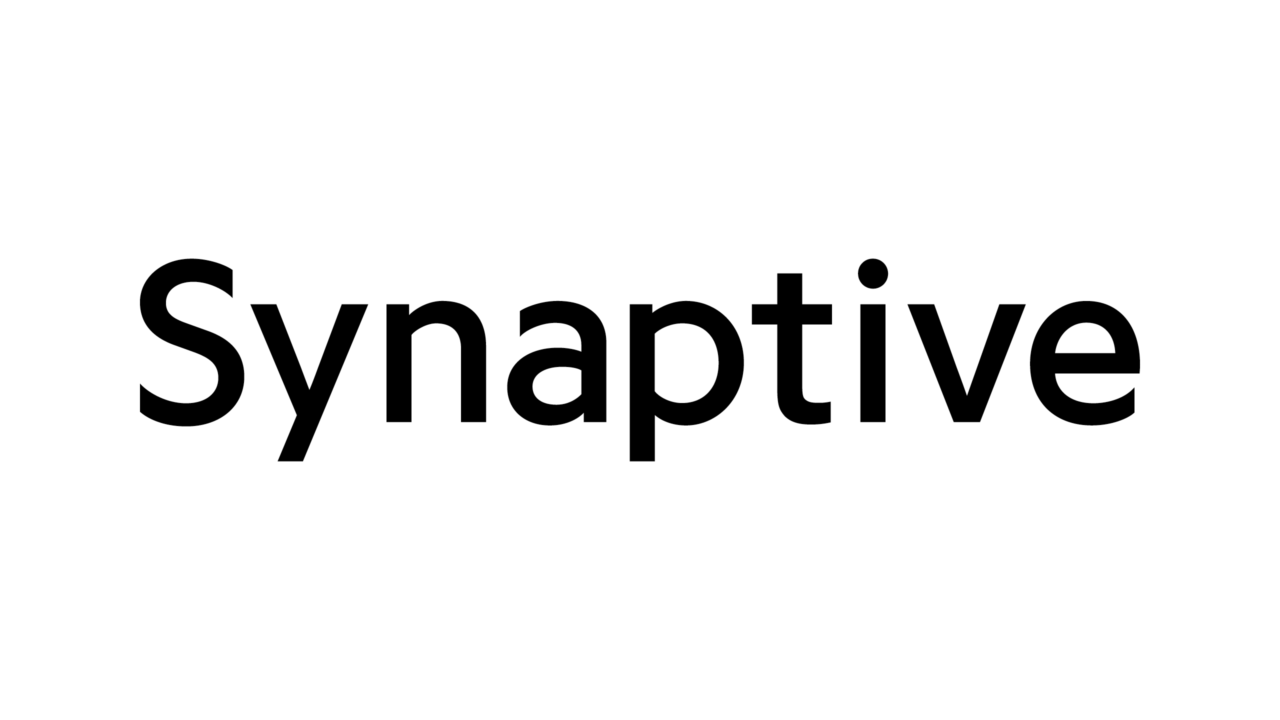
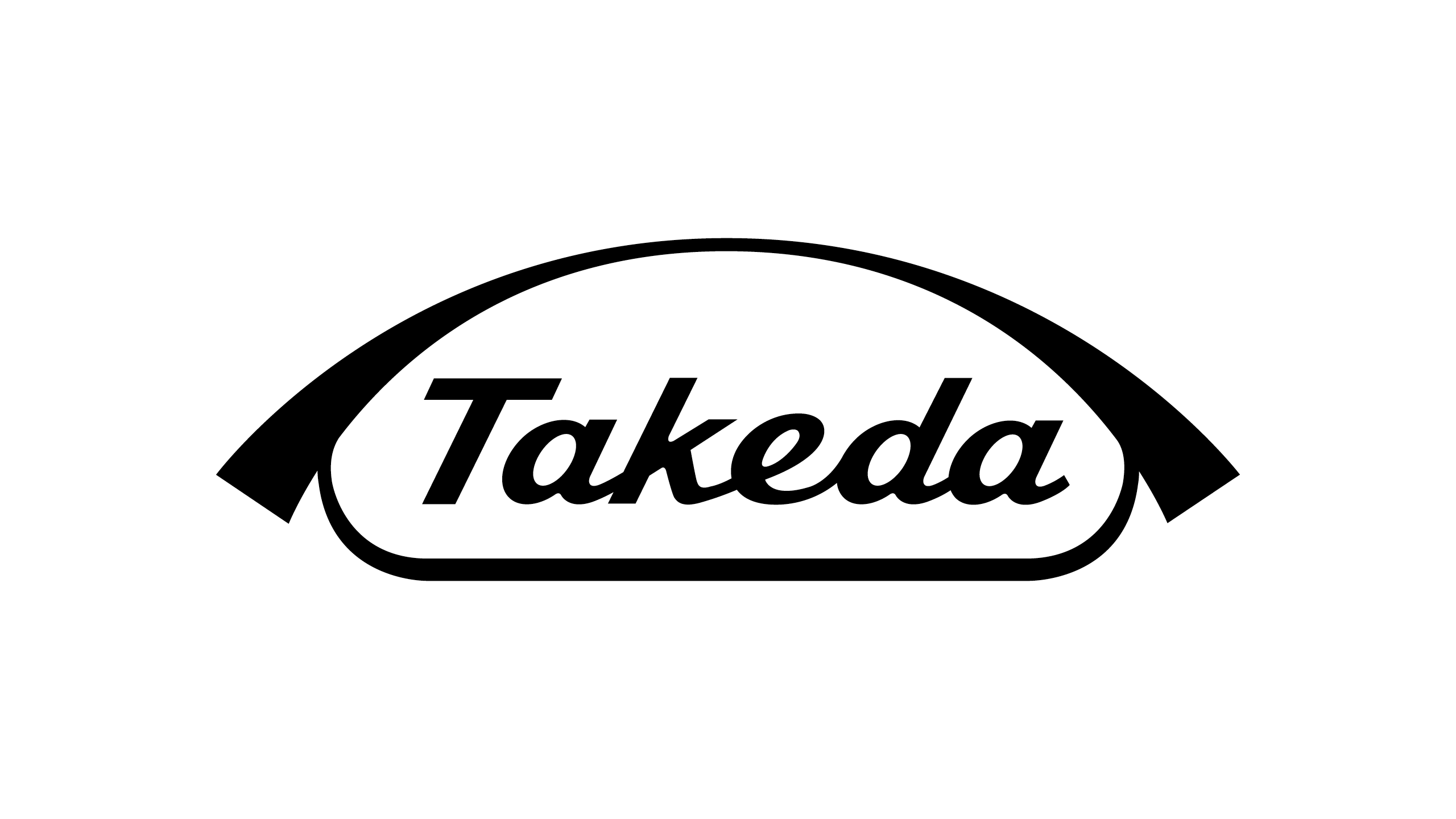
Our work
Connecting with real diabetes stories.
Abbott
Our award-winning campaign drawn from intimate, real-life patient stories changed the diabetes conversation from functional to emotional.
Eyes: The windows to health.
FYidoctors
With a focus on eye health, high-quality care and excellent technology, we have helped FYidoctors connect with diverse audiences, bringing home a cohesive message of Enhancing Life. This has led to both tremendous growth and deepening loyalty.
No patient left behind.
NeoGenomics
During the hardest days of the COVID-19 pandemic, a new campaign helped patients get the cancer testing they desperately needed.
We’d love to hear from you
Have a question? Looking for a partner? Want a great career? Get in touch!
Health inquiries
New business
Media inquiries
Careers
Come by for a visit
Believeco – Calgary
2540 Kensington Road Northwest Calgary, AB T2N 3S3 Canada
Believeco – Halifax
200 Waterfront Drive, Suite 225 Bedford, NS B4A 4J4 Canada
Believeco – Toronto
100 Broadview Avenue, Suite 200 Toronto, ON M4M 3H3 Canada











